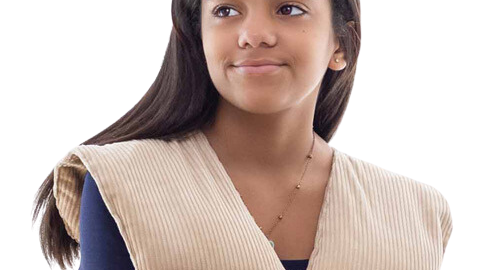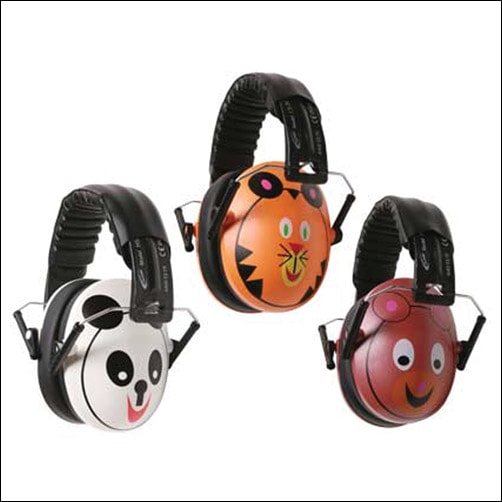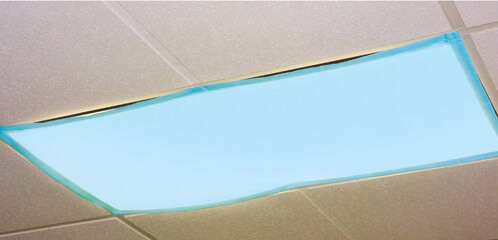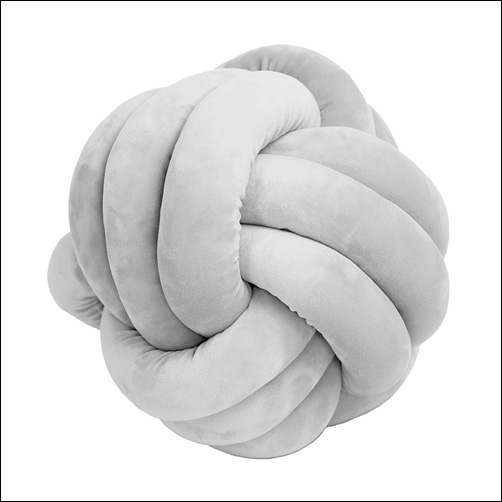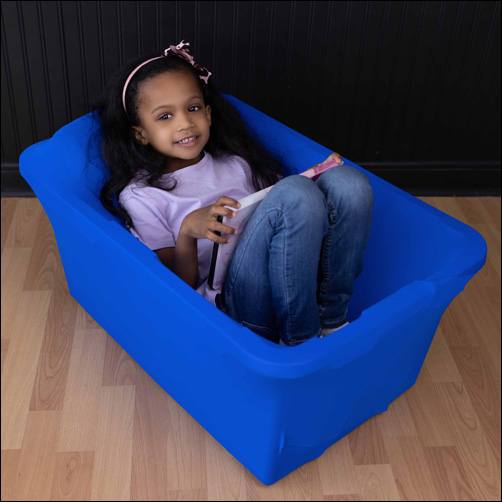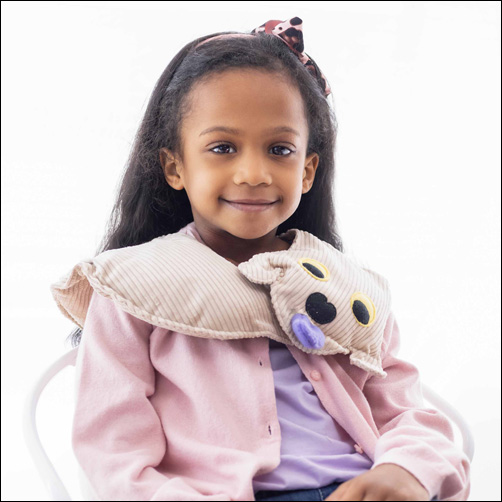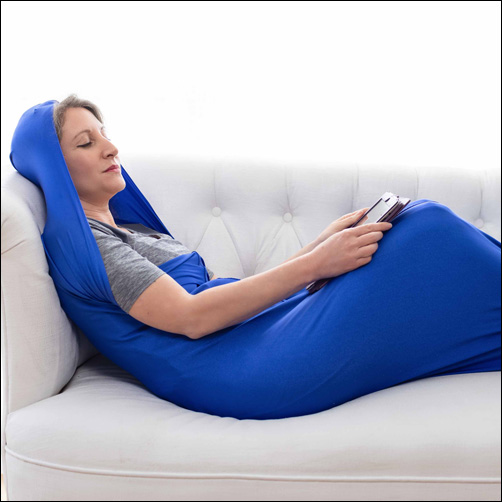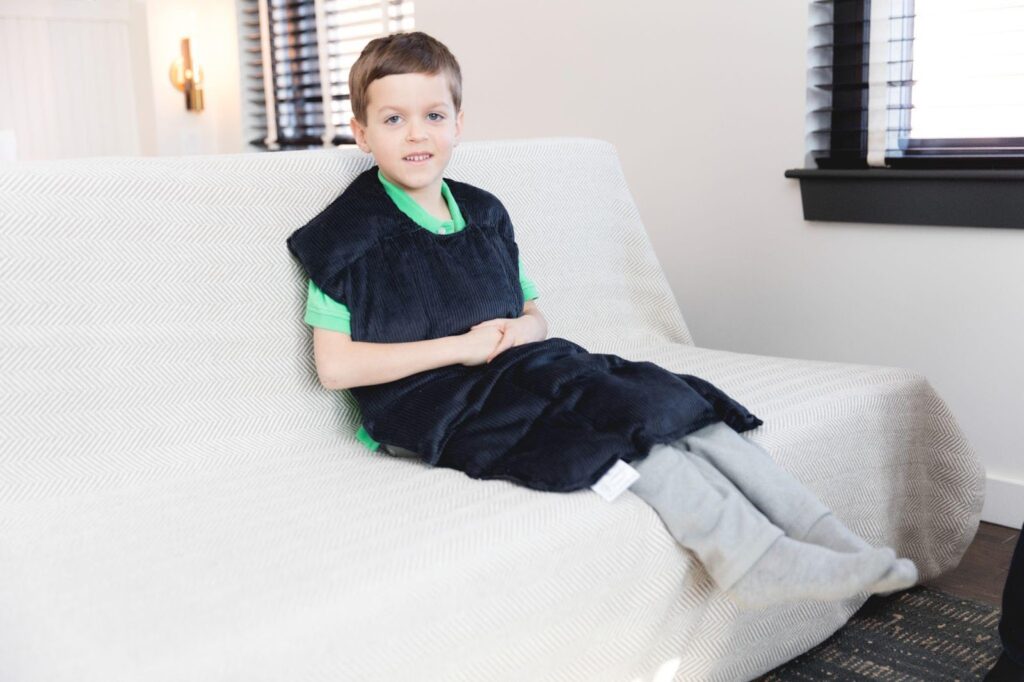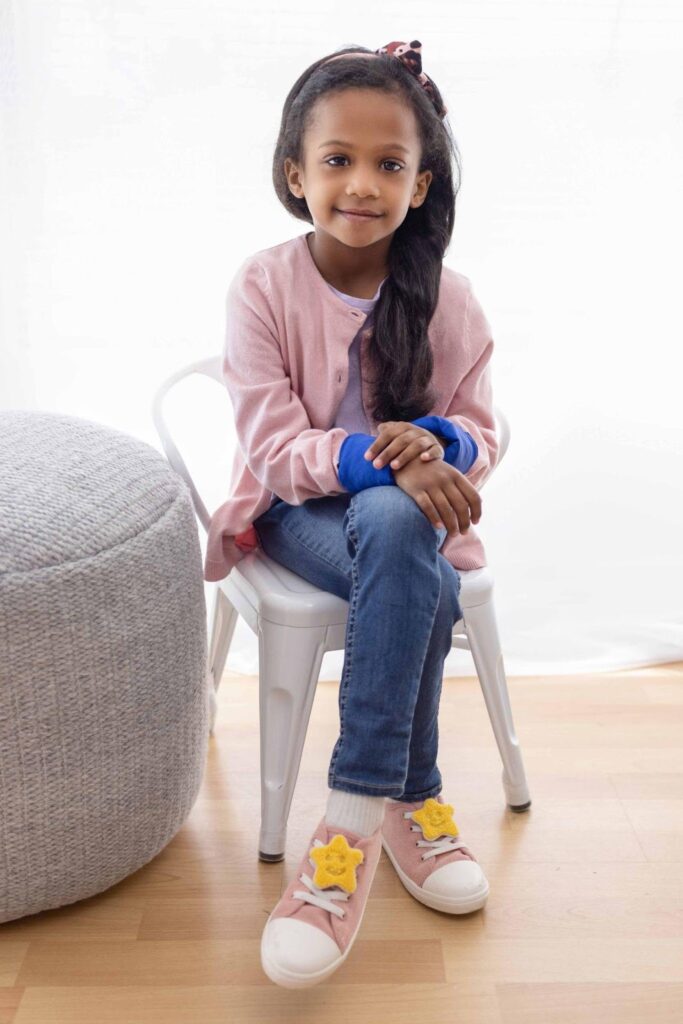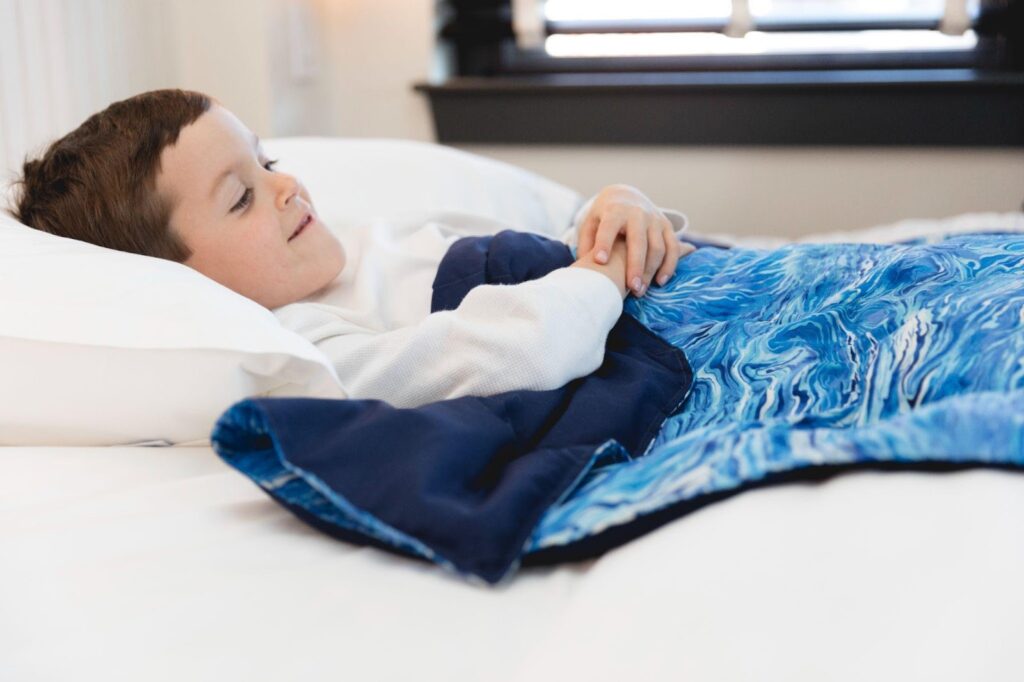On September 19, 2023, Kelly Wilk-Downs, OTR/L presented Therapro’s first FREE Webinar of this school year, Cutting Made Simple. She offered a comprehensive look at the:
- Development of scissor use
- Selecting appropriate scissors for students
- Prerequisite skills needed for learning to cut with scissors
This blog post comes on the heels of Kelly’s webinar; in this post we are reviewing some tools available at Therapro that are perfect for encouraging the development of scissor skills in beginner scissor users and beyond!
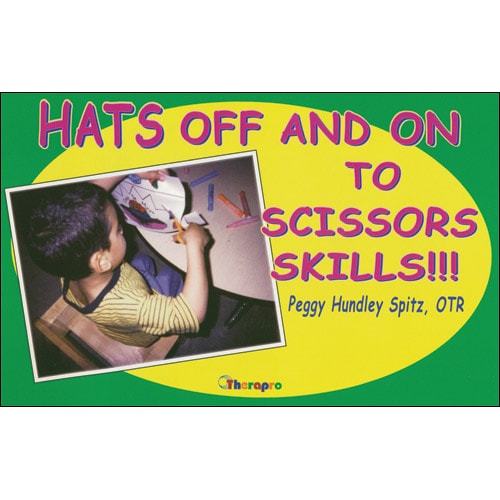
Hats Off and On to Scissor Skills: Exclusive to Therapro is a creative publication called Hats Off and On to Scissor Skills, by
Peggy Huntley Spitz, OTR. This book consists of 25 themed hat designs that can be made for 4
progressive levels of cutting skills:
- Straight line cutting and/or random snipping
- Curved line cutting
- Simple shape cutting
- Complex shape cutting
This is a fun and unique activity book that will help you create an enjoyable project for the
developmental progression of scissor skills!
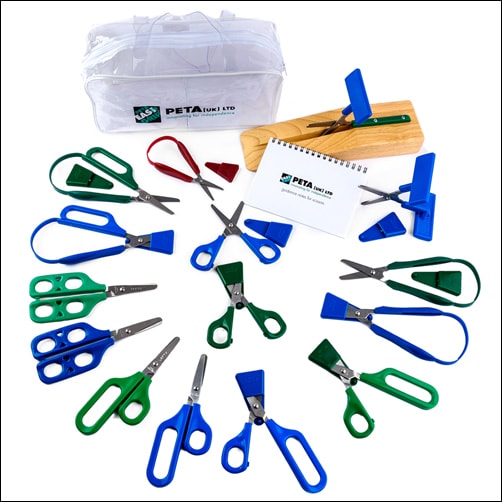
Comprehensive Scissor Assessment Kit: Therapro offers a variety adaptive scissors that will ensure active participation from all students
learning cutting skills, including those with limited hand function due to weakness, incoordination, and other functional limitations. Check out Therapro’s Comprehensive Scissor Assessment Kit, which includes 15 scissors of 10 different styles, plus a carry case and Manual.
Therapro carries a variety of scissors to meet the different needs of scissor users as they are progressing developmentally. Here is a sample of some of our favorite scissors.
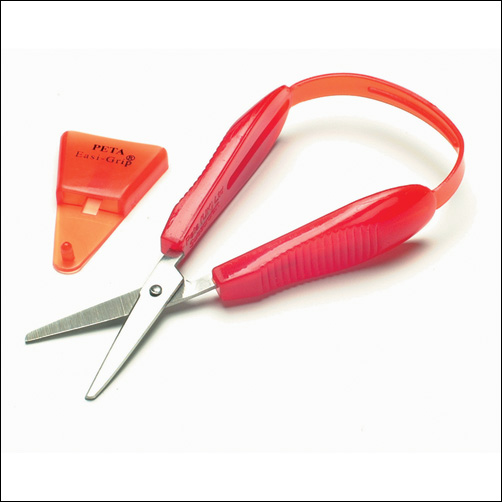
Easi-Grip Loop Scissors : Easi Grip Loop Scissors are available in two sizes; the Mini Easi-Grip Loop Scissors are great for pre-school children while the standard Easi Grip Loop Scissors are made for the adult sized hand. These scissors are self opening for either right or left hand. They are operated by using pressure between the thumb and fingers or palm and fingers.
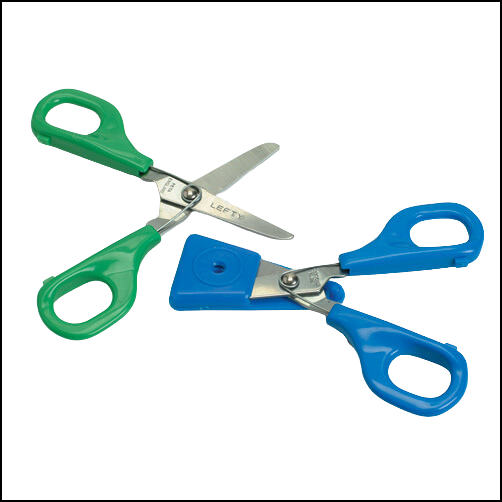
Self Opening Scissors : The Self Opening Scissors are available for left and right handed users. These scissors reopen automatically after hand pressure has been released.
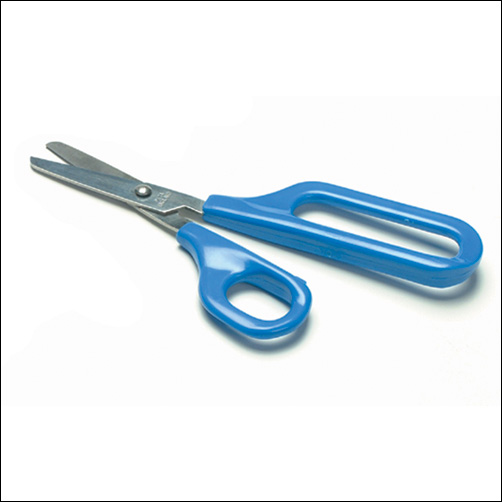
Long Loop Scissors : The Long Loop Scissors are also available for left and right handed users. These scissors allow the user to use whole hand strength to operate. They also provide greater finger contact, which offers better control.
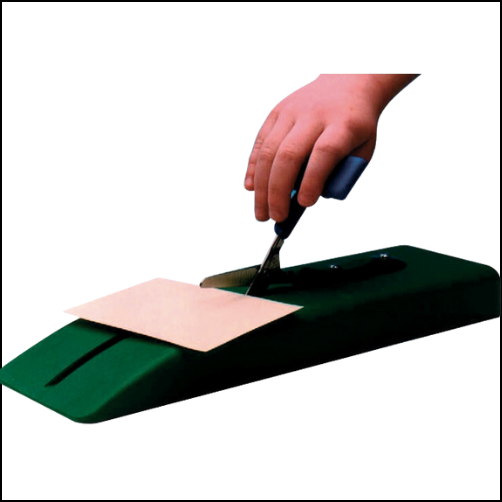
Mounted Table Top Scissors : The Mounted Table Top Scissors offer stability with scissors attached to a base. To operate users simply depressing the large handle.
Be sure to check out all of the scissors and scissor activities available at Therapro!
Guest Blogger: Filomena Connor, MSOTR, Retired


